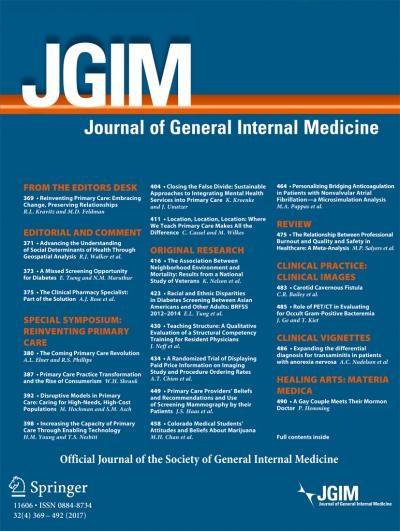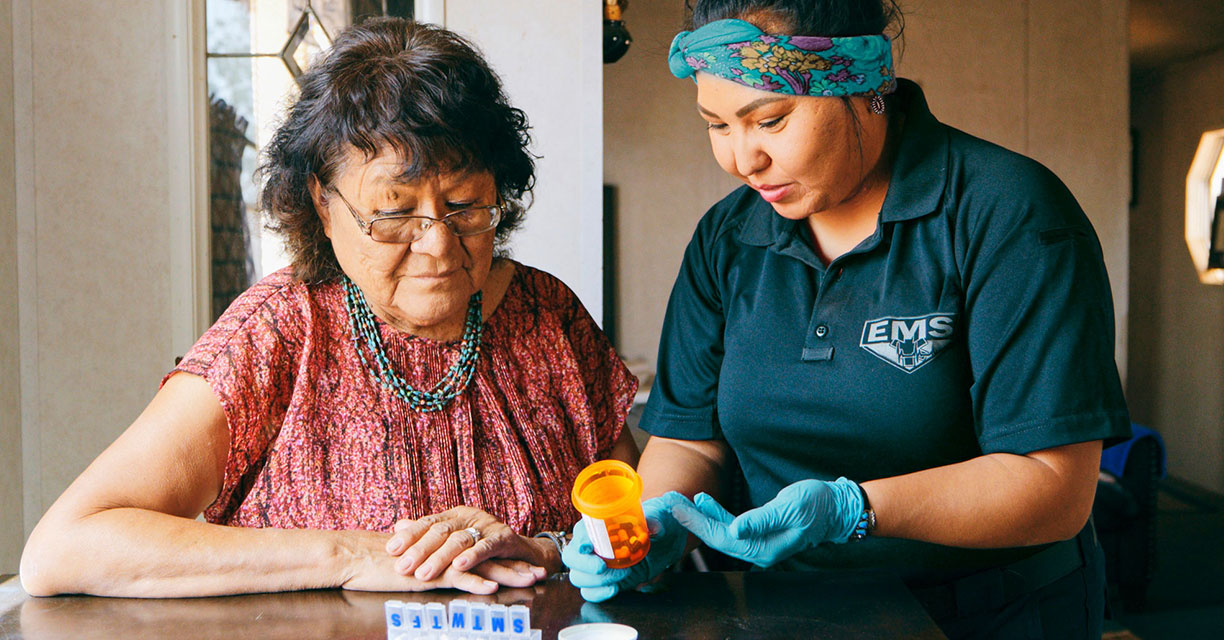Headline
A care coordination and palliative care intervention for adults with complex needs was associated with significantly reduced short-term mortality.
Context
Kaiser Permanente Mid-Atlantic States (KPMAS) developed a Complex Care Program (CCP) that connects “high-cost, high-need” patients with a dedicated CCP physician who assumes full responsibility for providing and coordinating patient care. Elements of this program include small patient panels for coordinated care teams, enhanced care coordination, and a focus on care transitions and palliative care. This study evaluated CCP patients to compare hospital admission and survival for the first 180 days after joining the program to a matched control group.
Findings
Enrollees in CCP had high levels of comorbidities, clinical acuity, and utilization. Enrollment in CCP was associated with significantly reduced 180-day mortality risk, with a more than 42 percent decrease in mortality hazard ratio as compared to matched control patients. On average, program enrollees lived a median of two weeks longer. Enrollees, however, had slightly increased risk for 180-day hospital admissions. These findings should be interpreted conservatively, as program enrollment was not randomized and CCP enrollees were more acutely ill with greater mortality risk, which may have enabled a greater reduction in mortality rates.
Takeaways
By connecting adults with complex health needs to a personalized coordinated care team that prioritized care transitions and palliative care, the CCP was associated reduced 180-day mortality rates with small increases in risks for hospital admissions.




